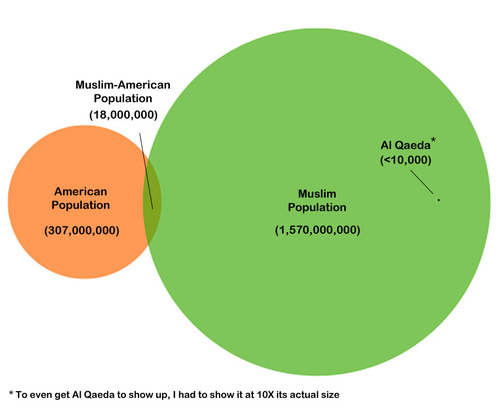The Panorama program clearly implied that it was Muslims who need to stop thinking of 'them and us' in order to integrate better. I totally agree with this. But it needs to be a two-way street and also very much applies to non-Muslims.
In New Zealand, I have experienced an absolutely extraordinary stand-offish attitude from Pakeha Kiwi non-Muslims who suspect or hear rumours that I might be Muslim. As I mentioned previously, the 'Cone of Silence' is rigorously applied and possibly contentious subjects are avoided at all costs. Any social talk is severely curtailed and trust is quite obviously in short supply. This is in stark contrast to the UK where I have found people will at least engage in conversation and ask questions.
So, 'Houston we have a problem'. In NZ it is absolutely a 'them and us' situation, instigated, and promulgated by Kiwis for Kiwis... Even if we're not quite sure who 'they' are, but we suspect they might possibly be different. Best not talk to them, Eh.
Integration? Forget it - we're fighting a losing battle.
 |
| As Pogo said (in a different context) ... |





